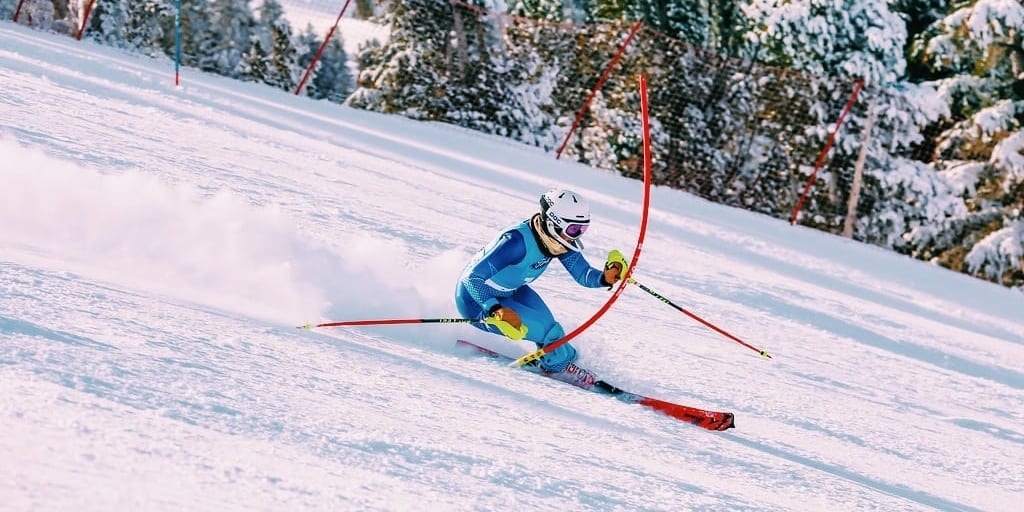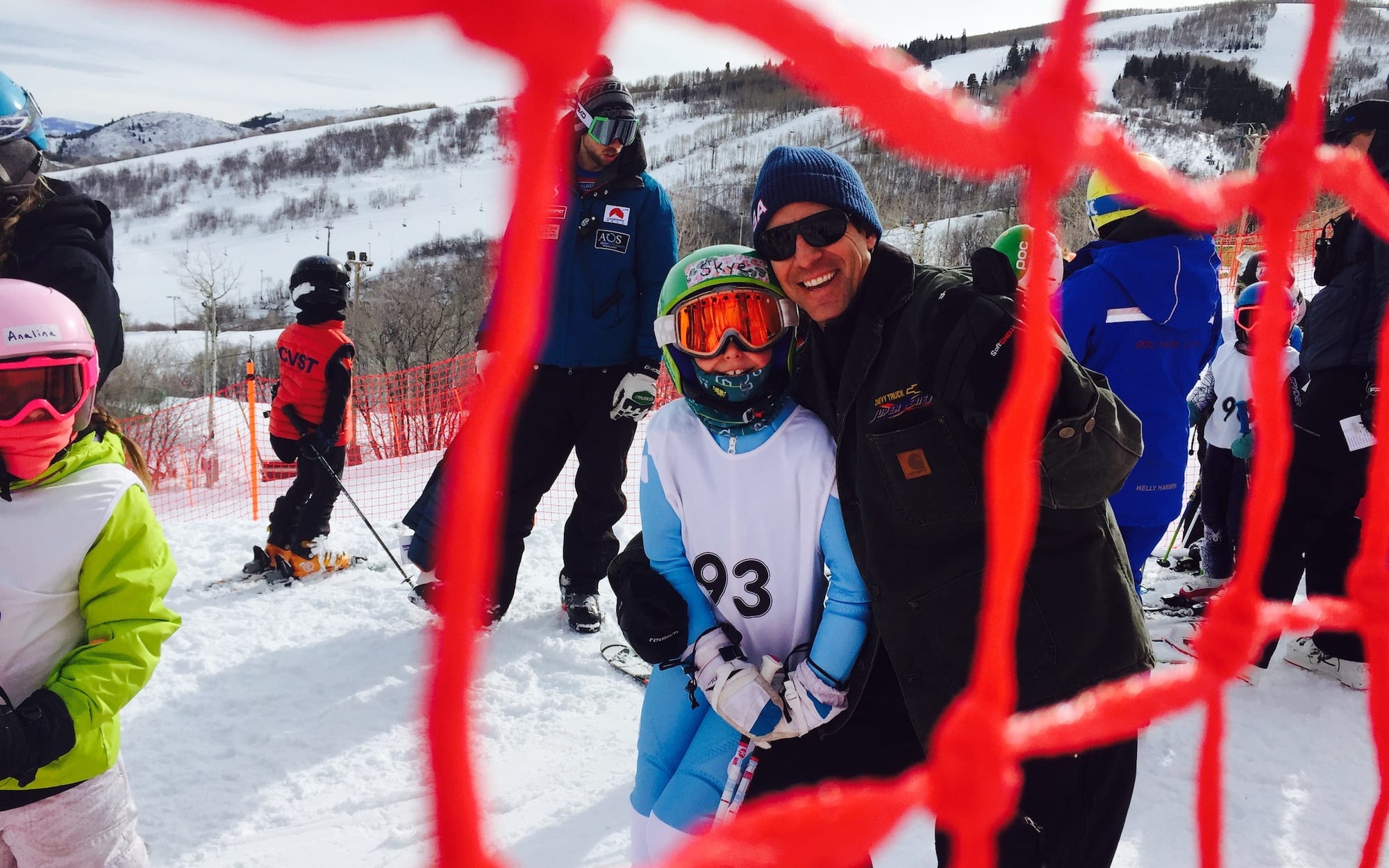US Ski & Snowboard Revamps Coaches’ Education
Early next month U.S. Ski & Snowboard will launch a revamped Level 100 coaches’ certification course that aims to broaden the education offered in the previous program and build on core concepts included in the introductory Fast Start coaches’ education course.
In the past, a coach wishing to obtain a Level 100 certification had to attend a two-day clinic where various alpine techniques and tactics were discussed on snow and in a classroom setting. While this format did a good job with educating coaches on the nuances of alpine ski racing, it was lacking on what else is required to coach young athletes regardless of sport or skill level.
“We know that there’s more to coaching than just teaching the Xs and Os – teaching the technical and tactical aspects of ski racing,” says U.S. Ski & Snowboard Director of Sport Education Jon Casson. “We kind of took a step back to look at all the competencies a coach needs to truly develop the whole athlete.”
Now, a prospective Level 100 coach will be required to complete an online learning component before ever setting foot in a certification clinic in order to become educated on the core coaching principals that are essential for any successful coach to understand.
Taking over a year to develop, the new program that Casson and his team have constructed is comprised of 11 separate learning modules that will each take between 30 minutes and an hour to complete. Of those 11 modules, seven cover the core coaching competencies of coach roles and responsibilities, ethics and philosophies, the art and science of teaching and learning, developing a positive training environment, long-term athlete development, and mental and physical skill development.
“Every coach regardless of sport is going to get those seven modules,” Casson says. “Then we have four modules that will be on sport-specific topics like technical skills, tactical applications, equipment considerations, and competition philosophies.”
According to Casson, the advantage of having these elements of the course delivered via an online platform is that it affords each candidate the freedom to complete the modules at a pace best suited to the learner. Then when they do attend a clinic, the 10-12 hours of online instruction will ensure that this critical information is conveyed ahead of time.
“We want to make it so people want to do it and not see it as a hoop they have to jump through to get their certification,” says Casson. “Our education can’t be something you finish and then not do anything with. We need to make sure these programs have a positive effect on their daily coaching practices.”

Being an effective coach requires instruction beyond just technique and tactics. Image Credit: Susan Theis
To accomplish this, Casson solicited the help of Chris Packert as coach education manager and kept in mind the course’s accessibility, relevancy, level of engagement, and how impactful the course would be to a coach’s daily routine when shaping the new education modules.
Casson says that Packert’s background as an educator, as opposed to a coach, was key in developing a program that was as structured and progressive as was required.
“About a year ago we had the opportunity to hire a new coach education manager and it occurred to me to bring on an expert in education instead of an expert in ski or snowboard coaching,” explains Casson. “What we’re doing by bringing in someone like Chris is kind of unprecedented in the national governing body world, but it seems like such a no-brainer. So many other NGBs have told us that it’s pretty awesome that we are doing this.”
Another advantage of transitioning to the online component is the ability to tailor the experience to match each coach’s expertise. For example, a recently retired elite athlete will still have to complete the seven core competency modules, but may be able to test out of the sport-specific modules in order to receive a level 100 certification.
Thankfully, the cost for the new certification has not changed with $160 for U.S. Ski & Snowboard coach members affording candidates full access to the online learning modules as well as the in-person clinic.
Looking towards the future, work will begin on revamping the Level 200 certification in the spring with future tweaks to existing certifications in the works as well. Look for the new Level 100 materials to become available in November.





















